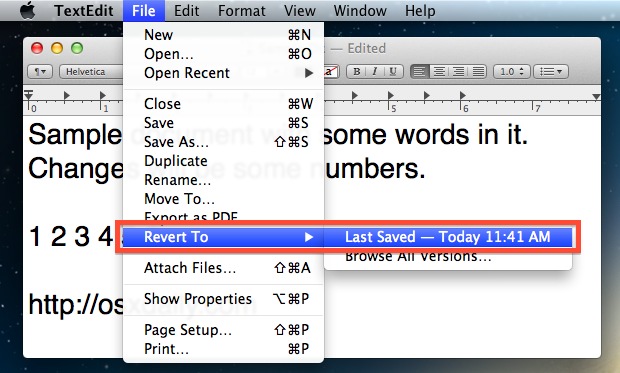Note: The headings on this list indicate the Macintosh System bundle names; the bullet points indicate the version of the System File included in that bundle. This is to make it clearer for people searching for specific bundle versions as opposed to System File versions. Finder File versions are not indicated. 1 Classic Mac OS 1.1 Macintosh System Software (0 - 0.3) 1.1.1 System File 1 1.1.2. But to me, the most important aspect of Linux being a superior choice is its Open Source nature. And, most of the points discussed below are the direct advantages of an Open Source software. To briefly explain, you get to see/modify the source code yourself if it is an open source software. But, for Mac, Apple gets an exclusive control. While Apple's previous iPod media players used a minimal operating system, the iPhone used an operating system based on Mac OS X, which would later be called 'iPhone OS' and then iOS. The simultaneous release of two operating systems based on the same frameworks placed tension on Apple, which cited the iPhone as forcing it to delay Mac OS X 10.
| Click here to return to the 'Take advantage of the built-in word list' hint |
- Citizen Dave
It's mostly the same as:
username% word [pattern]
where 'word' is an alias defined in /usr/share/init/tcsh/aliases.

Final Words Mac Os Sierra
/usr/bin/look will also work.
NAME
look - display lines beginning with a given string
SYNOPSIS
look [-df] [-t termchar] string [file]
Final Words Mac Os 11

Final Words Mac Os Sierra
/usr/bin/look will also work.
NAME
look - display lines beginning with a given string
SYNOPSIS
look [-df] [-t termchar] string [file]
Final Words Mac Os 11
Final Words Mac Os X
/usr/bin/look will also work.
NAME
look - display lines beginning with a given string
SYNOPSIS
look [-df] [-t termchar] string [file]
Try using dict at the command prompt to get the same result - like this
ner % dict banil
No definitions found for 'banil', perhaps you mean:
web1913: Anil Bail Ganil Basil Banal
wn: anil bail basil banal
easton: Bani
You need: internet connection and a fink install. Bam!
Tony O
There are some seriously strange words in this file.
I used this file in one of those 'write a program to prove I can do it' moments. 'The Sydney Morning Herald' newspaper (of Sydney, Australia), publishes a puzzle everyday called 'Target'. It has a 3x3 grid with one letter per cell. The object is to find as many words as possible that are four or more letters long from those letters. Plurals and proper names are not allowed, of course. The other wrinkle is that all words must contain the letter that appears in the centre cell. You must also identify the nine-letter word that uses all the letters.
Clear enough? Anyway, I wrote a perl program to solve it for the benefit of my local baristas who used to leave the puzzle on their coffee cart for customers to help solve. Something to while away the hour on the train in the morning. The joys of a unix laptop ;-)
I discovered all these weird words in that dictionary because when the program ran, it was able to find at least 50% more words than the puzzle creators believed could be found, and some of them were very strange indeed.
I know this is barely on-topic. Sorry.
cheers
RET
OS X comes with a list of all the words in Webster's 2nd International
Dictionary (234,936 of them to be precise). These words can be found in
the file /usr/share/dict/words. I find it useful to search this list if
I'm not sure how spell a given word by using the following command:
% more /usr/share/dict/words | grep [pattern] | more
This should return a list of words from the dictionary that contain your
[pattern] (don't type the square brackets) of interest.
But -- what happens if you mispell, er, misspell?! Gentle OX X user, do
this:
fink install ispell
Then at yer shell prompt:
% ispell
which will greet you helpfully with:
@(#) International Ispell Version 3.2.06 08/01/01
word:
Entering 'mispell' at the 'word:' prompt returns:
how about: ispell, misspell
word:
(We can charitably forgive the program's mild hubris at taking its name
to be a word.)
ispell takes a filename as an argument, so if you want a quick single
line command, put the following in a file called, e.g., 'spellchk' in
/usr/local/bin:
#!/bin/sh
echo $1 | ispell
Be sure to 'chmod 755' it so it'll execute. Now, since in good unixy
fashion what 'echo' returns with a string as an argument is essentially
a file containing that string,
% spellchk mispell
from the command line will return the suggestions above.
Solicitously,
TXLogic

